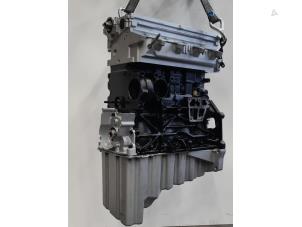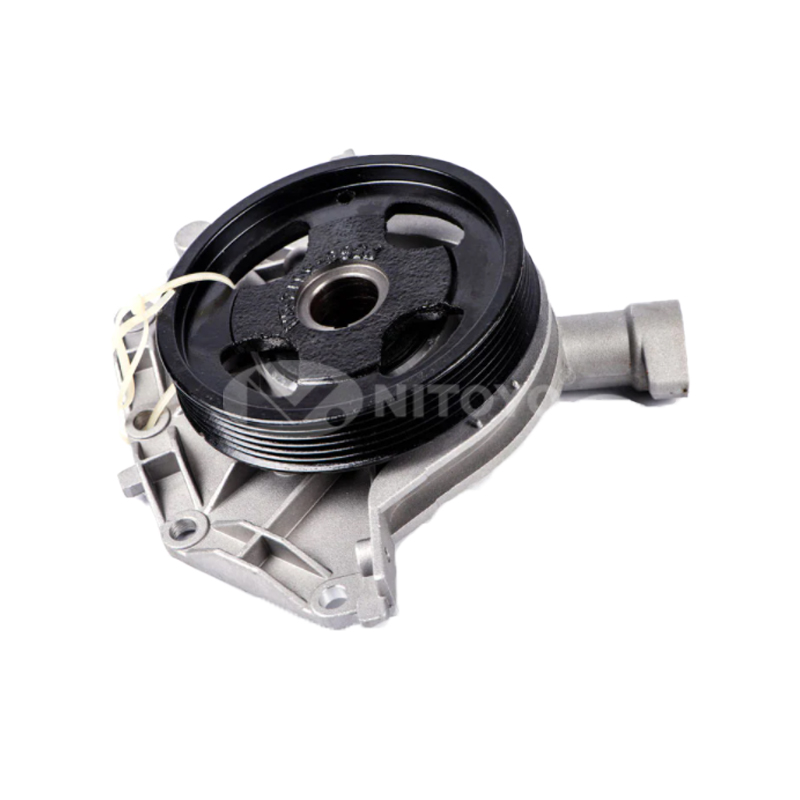Browsing the Refine of Engine Choice: Key Factors to Consider
The process of engine choice is a complex endeavor that requires careful assessment of numerous vital aspects to make certain placement with operational objectives. Performance demands, gas effectiveness, and monetary restrictions are simply the start; considerations around environmental influence and maintenance support play an essential function in the decision-making structure.
Performance Needs
When choosing an engine, it is vital to establish clear performance demands that straighten with the intended application. Efficiency needs encompass a variety of aspects, consisting of power result, torque characteristics, and responsiveness, which should be customized to the details demands of the automobile or equipment concerned.
Power output, typically measured in horse power, figures out the engine's ability to propel a lorry or perform a job effectively. Torque, on the other hand, is necessary for applications calling for strong preliminary acceleration or heavy lifting capabilities. An understanding of the functional environment is also essential; as an example, engines developed for off-road applications may require various efficiency features contrasted to those meant for highway usage.
Moreover, think about the functional lots and obligation cycle, as these variables affect the engine's longevity and integrity. In high-load circumstances, a durable engine style may be needed to stop premature wear or failure. In addition, efficiency needs ought to additionally include factors to consider for discharge criteria and governing compliance, specifically in areas with rigid environmental regulations. By defining these efficiency specifications early in the choice procedure, stakeholders can make educated choices that enhance overall functional efficiency and efficiency.
Gas Performance Considerations
While performance needs are crucial, fuel effectiveness is just as important in the engine option process, as it directly impacts operating expense and ecological sustainability. Fuel-efficient engines eat less fuel each of job executed, which not only minimizes total expenditure but additionally minimizes greenhouse gas discharges. As companies increasingly prioritize sustainability, choosing an engine that optimizes gas performance can enhance corporate responsibility and compliance with environmental laws.
When evaluating fuel effectiveness, it is crucial to think about the engine's style and innovation - amarok engine for sale. Developments such as turbocharging, direct gas shot, and crossbreed systems can considerably boost gas economy. Additionally, recognizing the operating conditions and obligation cycles of the engine application is crucial; engines may perform differently under varying rates and tons
Furthermore, producers frequently provide fuel usage data that can be used to compare numerous engine choices. It is advisable to evaluate these specs in real-world situations to ensure accuracy. The kind of gas made use of can likewise influence gas effectiveness; different gas may supply better efficiency and lower discharges. In recap, gas efficiency is a multi-faceted consideration that needs thorough evaluation throughout the engine option process.
Spending Plan and Cost Analysis
Spending plan and price analysis acts as a critical element in the engine choice process, influencing both short-term financial investments and long-term operational expenditures. When reviewing possible engines, it is essential to take into consideration not just the initial acquisition price but likewise the total price of ownership, which incorporates installment, maintenance, fuel intake, and prospective downtime.
A thorough evaluation should start with the ahead of time costs connected with the engine, including necessary alterations or ancillary devices. Focusing solely on first expenses may lead to illinformed choices. Evaluating operating expense over the engine's life click here now expectancy is similarly Full Report essential, as extra pricey engines may offer premium fuel efficiency or minimized maintenance requirements, inevitably leading to cost financial savings.

Ecological Effect Factors
Comprehending ecological effect variables is essential in the engine choice process, as sustainability factors to consider have actually ended up being significantly essential for both regulatory conformity and business responsibility. Organizations must evaluate the discharges generated by various engine types, consisting of carbon dioxide, nitrogen oxides, particle matter, and unburned hydrocarbons. These emissions add significantly to air contamination and climate change, necessitating a mindful evaluation of the engine's environmental impact.
Additionally, fuel type plays an essential role in environmental influence. Engines powered by eco-friendly energy sources, such as biofuels or hydrogen, often tend to have a reduced environmental influence contrasted to standard nonrenewable fuel sources. Additionally, the lifecycle assessment of the engine, from production via procedure to disposal, ought to be considered to recognize the complete range of its environmental implications.

Maintenance and Assistance Alternatives
When selecting an engine, the schedule of upkeep and support alternatives is a critical consideration that can dramatically impact operational effectiveness and durability. Comprehensive upkeep intends ensure that the engine runs at peak performance and reduces unexpected downtimes. It is necessary to evaluate the maker's support network, consisting of the availability of qualified specialists and solution facilities.
Assessing the accessibility of extra parts is also important. A trusted supply chain for components can minimize lead times for repair services and upkeep, thus enhancing overall performance. In addition, consider the simplicity of getting technological documents and training resources, which are crucial for making certain that workers are well-appointed to handle routine and emergency circumstances.
Another crucial aspect is the service warranty and service arrangements offered by the manufacturer. Inevitably, an aggressive technique to upkeep and support not only extends the life of the engine yet additionally adds to the general success of the procedure.
Verdict
To conclude, the procedure of engine choice demands a thorough assessment of numerous critical variables, consisting of performance requirements, fuel performance, budget plan restraints, environmental influence, and maintenance support. By carefully examining these aspects, educated decisions can be made that align with operational objectives and sustainability goals. Inevitably, a tactical method to engine selection will certainly make sure ideal performance and long life while addressing monetary and environmental considerations effectively.
While efficiency requirements are important, gas performance is similarly important in the engine option procedure, as it directly influences operating expenses and ecological sustainability. As companies progressively focus on sustainability, selecting an engine that enhances fuel efficiency can improve company responsibility and conformity with ecological regulations.
Furthermore, recognizing the operating problems and responsibility cycles of the engine application is essential; engines may do differently under differing loads and rates. (amarok engine for sale)
Examining operating costs over the engine's life-span is similarly vital, as extra pricey engines could supply exceptional fuel effectiveness or reduced maintenance demands, ultimately leading to cost savings.
In verdict, the procedure of engine choice requires a comprehensive assessment of various essential factors, including performance requirements, fuel efficiency, budget plan restrictions, ecological influence, and maintenance support. - amarok engine for sale